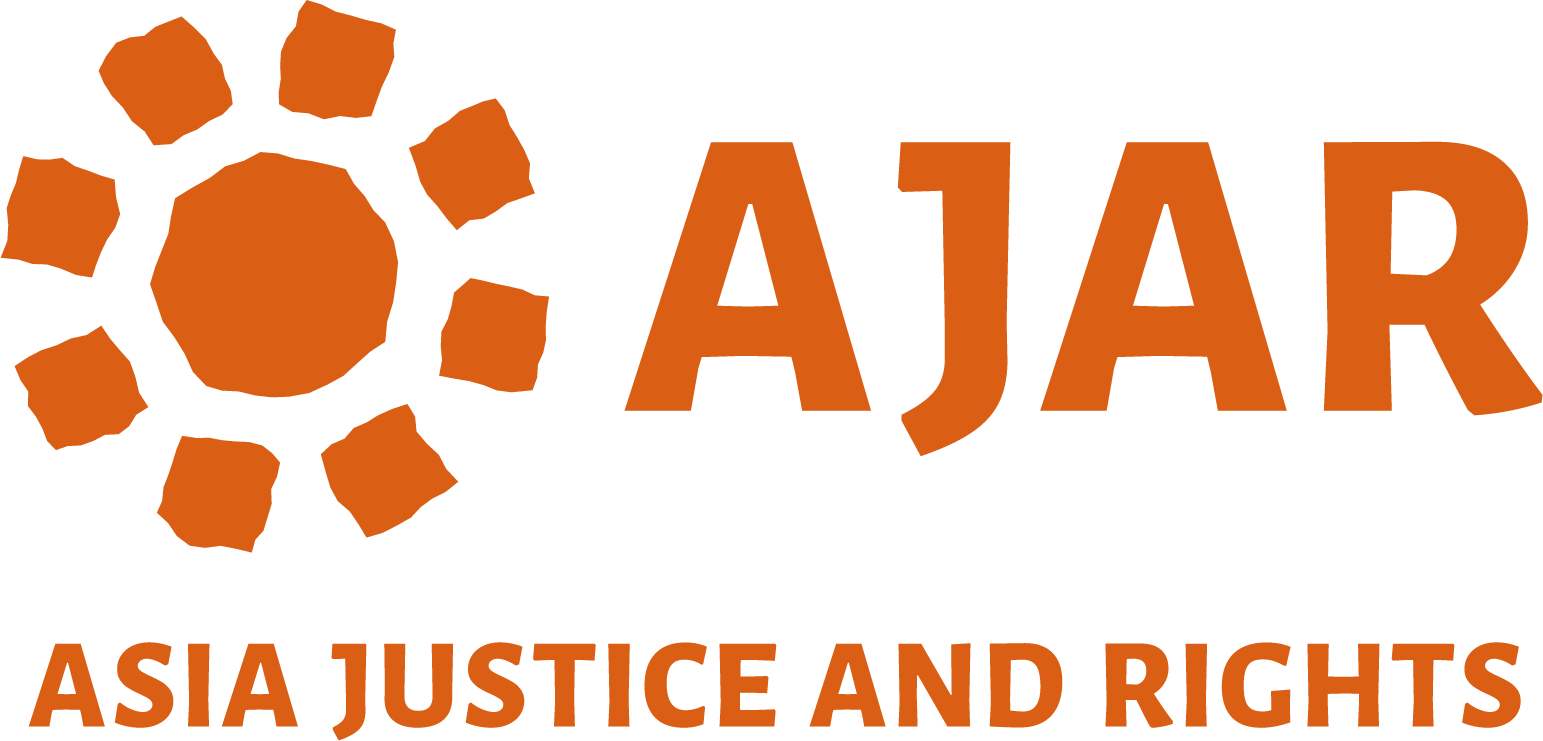 As mentioned before, Truth commissions are official, nonjudicial bodies of a limited duration established to determine the facts, causes, and consequences of past human rights violations.
As mentioned before, Truth commissions are official, nonjudicial bodies of a limited duration established to determine the facts, causes, and consequences of past human rights violations.
The Commissions become most effective when integrated in a comprehensive transitional justice strategy that includes reparation policies, criminal prosecutions, and institutional reforms and also by delivering clear findings and compelling recommendations, commissions can enrich policy and create political and moral momentum for these initiatives.
Objectives of Truth Commissions
The objectives of a truth commission are outlined in the legal instrument that established it, often a law or some form of executive decree. These may be expressed in different ways, reflecting the priorities or circumstances of each country. There are three objectives that are fundamental:
- Truth commissions should establish the facts about violent events that remain disputed or denied. Some commissions have limited their work to clarifying the factual circumstances of abuses, but most have also analysed the facts to determine the historical and social contexts that gave rise to them, and whether further or criminal investigation is appropriate.
- Truth commissions should protect, acknowledge, and empower victims and survivors. Commissions establish a relationship with victims and survivors not only as informers, but also as rights-holders, partners, and as people whose experiences deserve recognition.
- Truth commissions should inform policy and encourage change in the behaviour of groups and institutions, thus contributing to social and political transformation. The final recommendations of a truth commission try to identify and address the causes of abuse and violations in order to prevent their recurrence. Closely related to this objective, some commissions consider reconciliation between former rival communities to be of primary importance.
When and How Are Truth Commissions Established?
Truth commissions are typically created during periods of political change, such as after the fall of an authoritarian regime or at the end of an armed conflict. A commitment to establish a truth commission is often included in peace agreements, transition-to-democracy negotiations, and in some cases, as a clause in a new constitution. A truth commission can be seen as a break from a violent past and a restoration of society’s moral foundation, deserving the highest level of recognition and support.
Typically, the executive or legislative branch of government establishes a truth commission. The form chosen depends on the institutional and political realities in each country.
In most constitutions, executive decisions, like presidential decrees, have less strength than formal legislation. Decrees are often succinct documents with limited reach, unable to empower commissions with the investigative powers typical of parliamentary inquiries. Examples of successful truth commissions created by executive action include most Latin American commissions, Morocco, and Timor-Leste (under UN administration).
Establishment by the legislature may reflect broader political support and institutional strength. However, the legislative process can be slow and is often subject to unpredictable negotiations that could affect the integrity of a commission’s mandate. Most African commissions, including South Africa’s, were established by parliamentary action.
